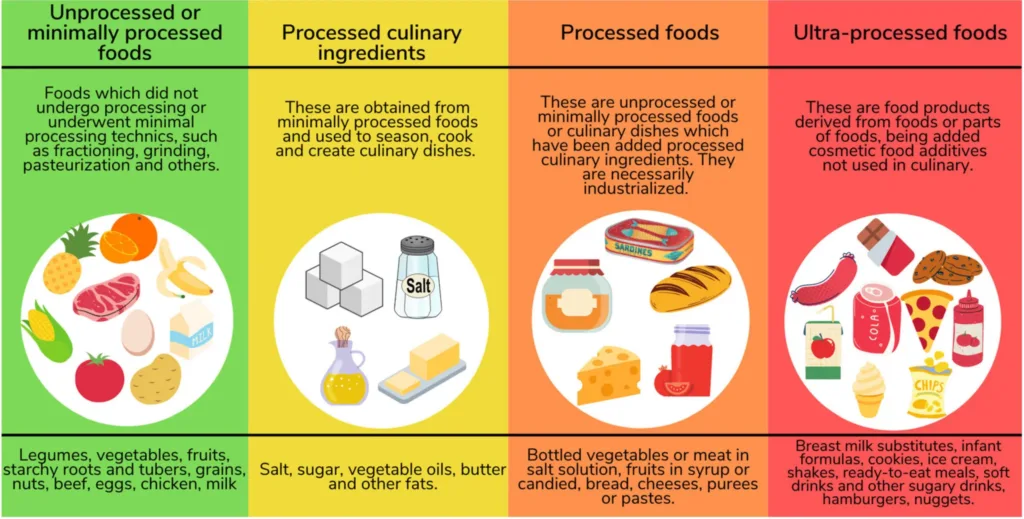A study revealed a connection between ultra-processed foods and drinks consumption, particularly those containing artificial sweeteners, and an increased risk of depression.
According to the findings, individuals who consumed nine portions or more of ultra-processed daily food (representing the top 20% of participants) had a roughly 50% higher risk of developing depression compared to those who consumed four portions or less. Notably, this association was strongest for foods and drinks with artificial sweeteners.
Ultra-processed eatables encompass a wide range of products, including prepackaged soups, sauces, frozen pizza, ready-to-eat meals and indulgent treats like burgers, sausages, French fries, sodas, store-bought cookies, cakes, candies, doughnuts and ice cream among others.

The study focused on investigating the link between dietary choices and the subsequent risk of experiencing a new episode of depression. Dr. Andrew T. Chan, a co-author of the study noted that ultra-processed eatables might not only be associated with the onset of depression but could also potentially worsen the condition in individuals already dealing with chronic depression.
Interestingly, the research pinpointed artificial sweeteners as a key factor driving the association between ultra-processed food intake and depression risk. While the study focused exclusively on women, it provided valuable insights into the potential impact of these foods on mental health.
But why might such foods be linked to depression? One reason may be the well-established connection between ultra-processed foods and chronic inflammation, a known driver of various chronic diseases. Numerous studies have already associated ultra-processed foods with conditions like colorectal cancer, heart disease, and premature death.
Additionally, previous research has linked diet sodas, diet fruit drinks, and the use of artificial sweeteners in coffee and tea to higher rates of depression. There’s even a connection between ultra-processed food consumption and an imbalance in the gut microbiome, which is emerging as an important factor in mood regulation.
It’s important to note that this study only establishes an association between ultra-processed foods and depression risk; it does not prove causation. Factors like “reverse causality,” where depression may lead to increased consumption of these foods, must also be considered. Furthermore, distinguishing the impact of diet on depression risk from other contributing factors, such as family history, stress levels, and social support, remains challenging.
While the study controlled for several potential confounding factors (including age, BMI, calorie intake, menopausal hormone therapy, alcohol use, sleep duration, pain and other diseases), the relationship between artificial sweeteners and depression still stood out.
In conclusion, this research contributes to the growing concerns about artificial sweeteners’ impact on cardio metabolic health and calls for further investigation to understand the mechanisms behind their potential link to depression.
For more related news Click Here

